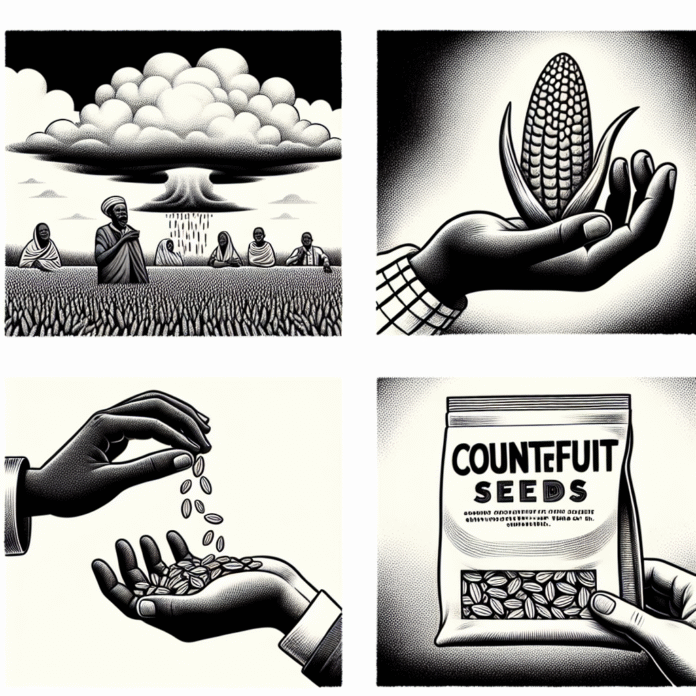Sharing Seeds in Kenya Amid Climate Challenges
Who Has the Authority to Share Seeds?
As Kenyan farmers grapple with the challenges posed by climate change and the increasing prevalence of counterfeit seeds, the question of who can legally and ethically share seeds has gained prominence. The traditional practices of seed sharing have long been an integral part of agricultural communities, fostering biodiversity and resilience among crops. However, the current landscape is shifting, necessitating a closer examination of the regulations and practices surrounding seed distribution.
Legal Framework Governing Seed Sharing
In Kenya, the seed industry is regulated by the Seed and Plant Varieties Act, which stipulates the guidelines for seed production, distribution, and certification. Under this law, only certified seed producers are authorized to sell seeds, aiming to ensure quality and prevent the spread of counterfeit varieties. However, farmers often rely on informal seed systems, where local varieties are exchanged among community members. This informal sharing is crucial for maintaining genetic diversity but raises concerns about the quality and origin of the seeds.
Impact of Climate Change on Seed Sharing
Climate change has had a profound impact on agriculture in Kenya, leading to unpredictable weather patterns and increased pest and disease pressures. As farmers seek to adapt to these changes, the demand for resilient and climate-smart seed varieties has surged. This has resulted in a complex dynamic where farmers are encouraged to share seeds that are better suited to changing environmental conditions. Innovative collaborations between agricultural research institutions and local communities have emerged, focusing on developing and sharing improved seed varieties that can withstand climate variability.
The Threat of Counterfeit Seeds
The rise of counterfeit seeds poses a significant threat to Kenyan farmers, undermining their productivity and livelihoods. Counterfeit seeds often lead to poor crop yields and increased vulnerability to pests and diseases. In response, efforts are underway to educate farmers about the risks associated with counterfeit seeds and to promote the importance of sourcing seeds from certified producers. Additionally, initiatives aimed at enhancing traceability and transparency in the seed supply chain are being implemented to combat this issue.
The Role of Technology in Seed Sharing
Advancements in technology are reshaping the landscape of seed sharing in Kenya. Mobile applications and online platforms are emerging as valuable tools for farmers to access information about certified seeds, connect with reputable suppliers, and even participate in seed exchanges. These digital solutions empower farmers to make informed decisions and strengthen community networks, fostering resilience in the face of climate change and market challenges.
Conclusion
The question of who can share seeds in Kenya is multifaceted, influenced by legal regulations, the impacts of climate change, and the threat of counterfeit products. As the agricultural landscape evolves, it is essential to strike a balance between formal and informal seed systems, ensuring that farmers have access to quality seeds that enhance their resilience. Collaborative efforts, supported by technology and community engagement, will be crucial in navigating these challenges and securing a sustainable future for Kenyan agriculture.


